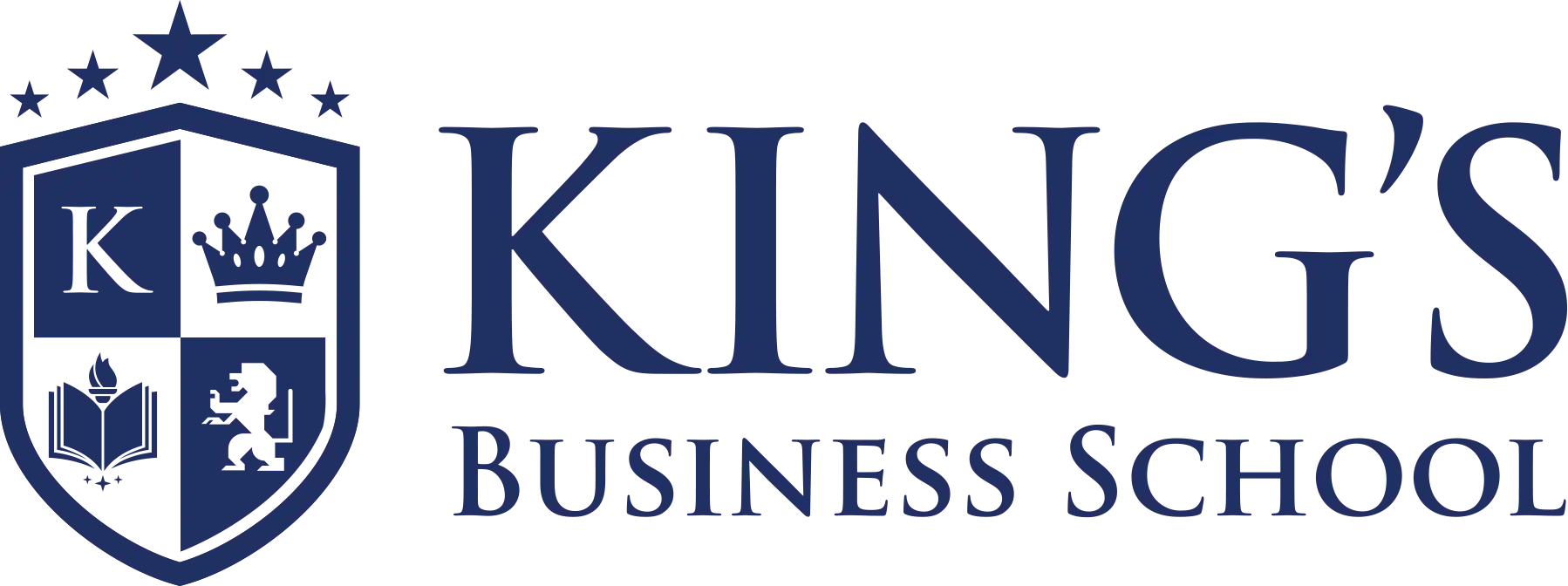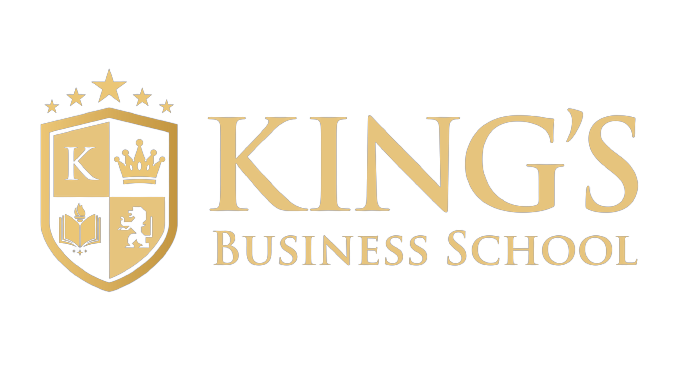Today’s corporate world is in flux, with new industries being emerged and technology rapidly evolving. Because of this, the need to employ talented people is increasing. Some sectors grow faster than others, which necessitates expertise in those areas. However, this rise in demand is an indication that there exists a huge mismatch between what recruiters want and what job seekers have. This is known as the “skill gap.”
Traditional colleges frequently battle to adapt themselves to the fast-changing times. This mismatch between what students learn while in school and what the job market expects of them has prompted an industry-wide overhaul meant to provide people with the tools needed for success anywhere in the workforce.
Here are some major enhancements to reduce the skill gap:
Industry-Academia Collaboration to Foster Partnerships
Higher education institutions bridge the gap in skills by having closer collaboration with the industries that help academia gain an understanding of the industry trends, emerging technology and skill requirements. This partnership also makes it easier to design an industry-related curriculum and assure the employer desired skills for graduates.
Curriculum Enhancement to Adapt to Changing Needs
Higher education institutions are revamping their curricula to align with the evolving demands of the job market. By incorporating interdisciplinary approaches, flexible course structures, and specialized programs, universities can better prepare students for emerging careers and fill the skill gaps identified by employers.
Emphasis on Practical Learning for Real-world Application
Recognizing the significance of practical knowledge, institutions of higher learning are incorporating real-life learning opportunities in their curriculums. Such opportunities range from laboratory sessions as well as case studies, simulations, and project-based learning among others which allow the application of theoretical knowledge in real-world settings thereby enhancing the practical skills and employability of learners.
Technology Integration to Harness Digital Tools
The use of technology to close the skills gap is what the higher education industry is leveraging. Incorporating digital tools, online learning platforms, and experiences of virtual reality into one’s training system, enables these organizations to offer learners immersive environments that mimic what they would face out there when tackling problems. This method sharpens technical skills and adaptability, thereby grooming those who are equipped to deal with a constantly changing working environment.
Upskilling and Reskilling for Lifelong Learning Opportunities
For universities to emphasise lifelong learning also it doesn’t stop after someone graduates, they need to know that learning continues after school. Because their careers go on, such professionals need upskilling and reskilling programs that let them learn fresh competencies or advanced versions of familiar skills; in the meantime, such flexible learning options are suitable for working individuals as they seek to keep pace with industry changes.
Internships and Work-Based Learning to Gain Hands-on Experience
Companies and other professional organizations provide students with practical exposure to industry settings through internships, cooperative programs, and work-based learning initiatives. This interaction with professionals is also instrumental in helping students gain important insights, acquire necessary skills, and have a wider network. The programs make students more employable by bridging the gap between what they learn in class and what is practical in real working situations.
Soft Skills Development to Go Beyond Technical Proficiency
Although technical skills are critical, soft skills are important for success in your career. Communication, teamwork, problem-solving, learning to adapt easily, and leadership are examples of essential skills that universities have focused on lately. The institutions have put much more attention into developing methods of improving this kind of interpersonal interaction, which helps them become more capable across different occupations, based on the notion stated earlier.
Global Perspective to Cultivate Cultural Competence
Cultural competence is critical in an interconnected world. Through international exchange programs, study abroad opportunities and cross-cultural courses, universities are promoting global awareness. This exposure will enrich students’ adaptability, empathy, and comprehension, which are essential for working in various contexts.
Continuous Feedback and Assessment to Improve Quality
It is possible for educational institutions to keep an eye on the progress of the students and adjust the curricula according to their abilities by getting regular feedback and using assessment tools. This will make them align themselves well with the needs of the industries, thereby helping them determine how best their programs should be shaped so that they can meet the requirements of those who want labour from this institution’s workers.
Public-Private Partnerships to Bridge the Gap Together
The skills gap is a problem that requires collaboration between the public and private sectors to overcome it. Skills development programs, apprenticeships, and certifications are created in collaboration with government, business, and educational institutions. These collaborations facilitate job creation, thus driving economic development as well as building strong workforce pipelines.
Players in the higher education sector understand the challenge of the skills gap very well simply because they engage themselves in re-adjusting their curricula, closely collaborating with industries, and strongly laying much more importance on laboratory work, which reduces it. King’s Business School has to exhibit that it can adequately address this challenge.
King’s commitment to bridging the gap in skills is showcased in the programs provided that cater for a contemporary business context by imparting knowledge, skills, and competencies. Visit King’s Business School to discover a diverse program that suits your career aspirations.





